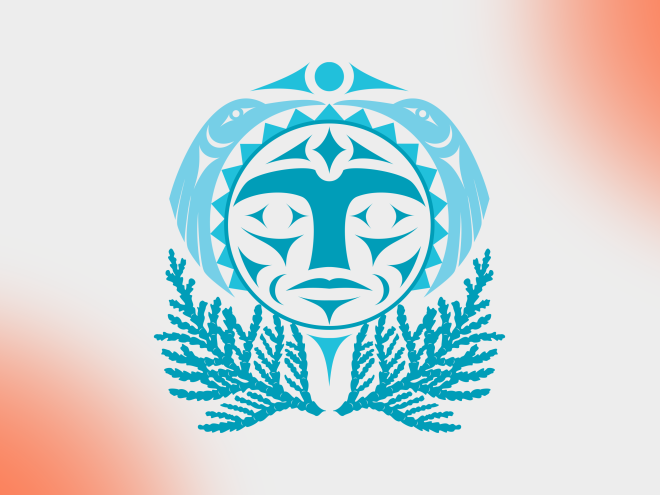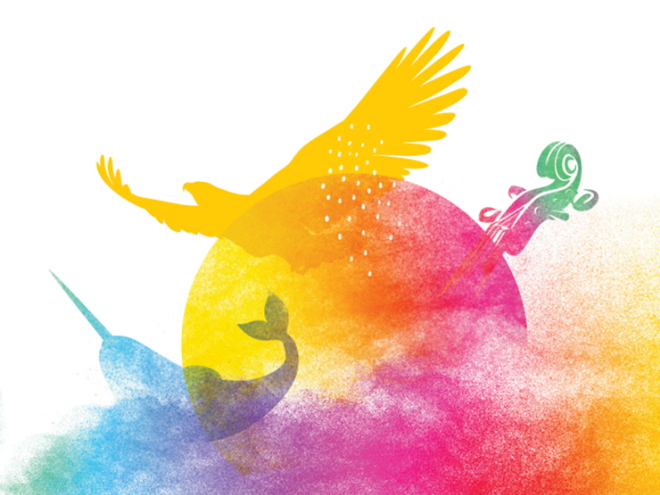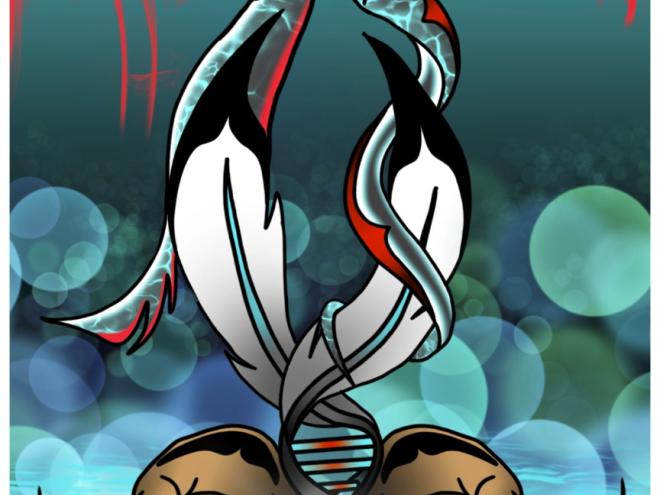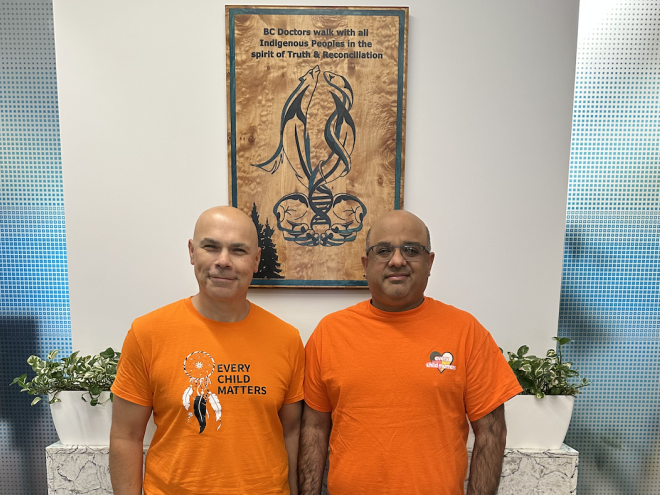In recognition of the National Day for Truth and Reconciliation on September 30, Doctors of BC honours the strength, courage, and resilience of residential school Survivors, their families and wider communities, and remembers the children who never returned home. We also acknowledge that systemic and interpersonal anti-Indigenous racism persists within our health care system today. Our reflections from this day must support action to repair the inequities Indigenous peoples still experience.
Physicians are uniquely positioned to help break down these inequities by leading with humility, challenging systemic barriers, and committing to care that is safe, respectful, and culturally informed. While progress has been made, we must continue to educate ourselves, acknowledge and unlearn colonialism and racism, and take action to create a health care system free of racism.
Doctors of BC’s commitment to Truth and Reconciliation
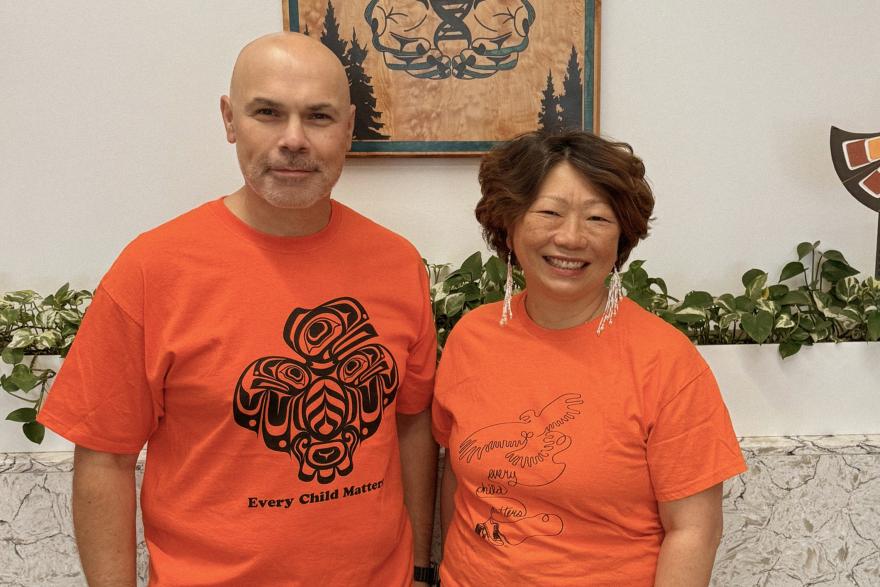
Truth and Reconciliation is a key element of Doctors of BC’s strategic plan, and we are committed to walking with First Nations, Métis, and Inuit peoples on our collective journey to ensure Indigenous patients have access to culturally safe health care. To move forward on this journey, we must first recognize and understand the truths of our past. As we reflect on our 125th anniversary, we acknowledge that Indigenous communities have experienced—and still experience—racist, harmful, and unequal treatment or consideration in health care.
As part of our commitment, Doctors of BC is developing a Truth and Reconciliation plan in collaboration with Indigenous leaders and partners. A new leadership group at Doctors of BC, an Indigenous Guiding Circle, will help guide and direct the organization through this work. The Guiding Circle is comprised of Indigenous members and reflects a broad perspective of Indigenous ways of knowing, being, and doing, as well as participants’ professional experiences.
Through the work of the Joint Collaborative Committees and in collaboration with Indigenous partners, Doctors of BC is also committed to supporting physicians on their reconciliation journey by providing opportunities to learn about and share the truth of Canada’s oppression of Indigenous people and the ongoing impact of this oppression.
You can find more details, resources, and initiatives on our dedicated Truth and Reconciliation webpage.
Addressing anti-Indigenous racism in health care and beyond
Alongside the National Day for Truth and Reconciliation, this year, Doctors of BC also recognizes two significant anniversaries that magnify Indigenous peoples’ voices and aim to foster equitable health outcomes: the five-year anniversary of the BC Government’s In Plain Sight report and the ten-year anniversary of the Truth and Reconciliation Commission of Canada: Calls to Action. These anniversaries mark pivotal events in our shared history, and these foundational documents provide clear direction on the pathway to eradicate Indigenous-specific racism.
Today, and every day, Doctors of BC remembers the words of the late Senator Murray Sinclair, Indigenous politician and chair of the Truth and Reconciliation Commission. “We have described for you a mountain. We have shown you the path to the top. We call upon you to do the climbing.”
Learning resources
- British Columbia’s In Plain Sight Report
- Calls to Action from the Truth and Reconciliation Commission of Canada
- Indigenous Residential Schools Survivors Society
- National Centre for Truth and Reconciliation
- National Inquiry into Missing and Murdered Indigenous Women and Girls-Final Report)
- Orange Shirt Society
- United Nations Declaration of the Rights of Indigenous Peoples (UNDRIP)
- University of Alberta Indigenous Canada online course
- Yellowhead Institute
Community events
Books
- Truth and Reconciliation reading list from the Canadian Children’s Book Centre
- Residential School reading list from Senator Murray Sinclair
Support services
- Hope for Wellness Help Line +1 855 242-3310 or hopeforwellness.ca for online chat (Available to all Indigenous people across Canada)
- Indian Residential School Survivors Society +1 800 721-0066 (Support for Residential School Survivors and their families)
- The KUU-US Crisis Line +1 800 588-8717 (Support provided to Indigenous people throughout the province of British Columbia)
- Métis Crisis Line BC +1 833 638-4722 (Support for Métis people throughout the province of British Columbia)
- The National Indian Residential School Crisis Line +1 866 925-4419 (Provides 24-hour crisis support for residential school survivors and their families)
